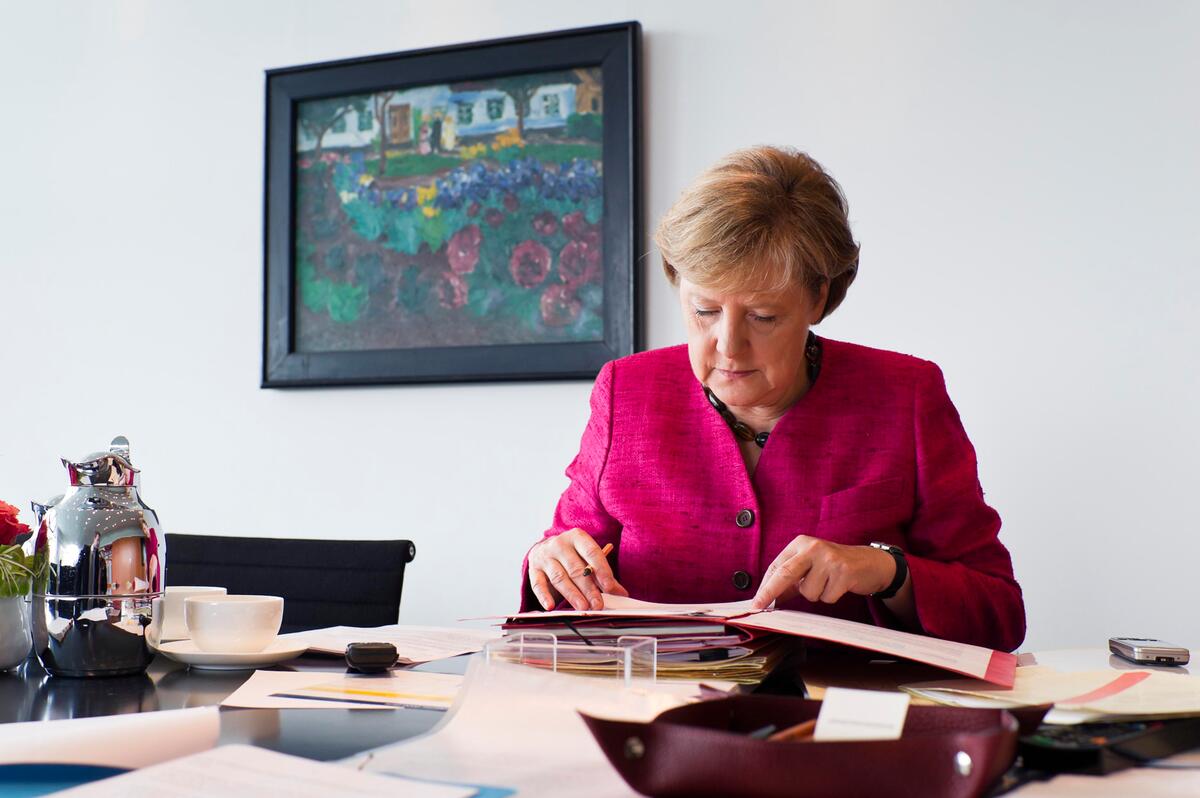UNHCR alarm at escalating Syria humanitarian needs
UNHCR alarm at escalating Syria humanitarian needs

With violence in several areas of Syria UNHCR, the UN Refugee Agency today expresses its alarm at the civilian deaths this is causing as well as spiralling new displacement. This is on top of a humanitarian situation that is already desperate; Syrian civilians have more than suffered enough.
Of particular concern is the situation in Douma in Eastern Ghouta where tens of thousands of civilians remain trapped. We estimate that more than 133,000 people have fled Eastern Ghouta over the past four weeks. This is almost three times the number we reported on 20 March and includes some 45,000 people who are currently being accommodated in eight collective shelters in Rural Damascus. An estimated 44,000, mainly women, children and elderly have so far been allowed to leave the collective shelters after completion of their security screening. UNHCR teams are working with UN and NGO partners to help improve the conditions at these collective shelters, which remain congested. We continue to appeal to all parties to the conflict for proper protection of civilians, including freedom of movement and free choice over where to stay. Family unity must also be respected.
Since the outset of this emergency, as part of the wider UN response, UNHCR has been working to address the needs of the displaced. Our staff are paying daily visits to all the collective shelters where displaced people from Eastern Ghouta are accommodated, to assess needs and help address them. Overcrowded shelters and insufficient sanitation facilities are posing serious health risks. Common concerns we are hearing are a lack of civil documentation, restrictions on freedom of movement, family separation and SGBV risks.
UNHCR’s response to the Eastern Ghouta emergency encompasses the delivery of core relief items, shelter support and protection services. Nearly a quarter or a million urgently need aid, and more than 60,000 people have been reached so far. UNHCR is purchasing clothes locally as many people fled with nothing more than what they were wearing. In addition to a massive shelter effort, UNHCR protection partners have provided legal counseling to 22,000 people.
Meanwhile, we are facing similar challenges and concerns in responding to the humanitarian needs of more than 137,000 Syrians displaced from the Afrin region. Most are scattered across Tal Rifaat, Nubol, Zahraa and surrounding villages in northwest Aleppo, living in makeshift shelters, damaged or unfinished buildings, mosques, warehouses and open-spaces. Some 3,500 people are being accommodated in a tented camp in Fafin to the north of Aleppo. In addition we have distributed more than 1,400 kits for shelter rehabilitation and redeployed 1,000 UNHCR family-sized tents, for use as needed.
Displacement from Afrin has subsided and some returns to the city are taking place. The challenging journey back home for the displaced may take up to four days in some cases. Movements of displaced people towards Aleppo and other government-controlled areas continues to be constrained.
For more information on this topic, please contact:
- In Amman, Rula Amin, [email protected], +962 (0)790 04 58 49
- In Syria, Mysa Mohammad Ali Khalaf, [email protected], +963 9933 57860
- In Geneva, Andrej Mahecic, [email protected], +41 79 642 97 09












